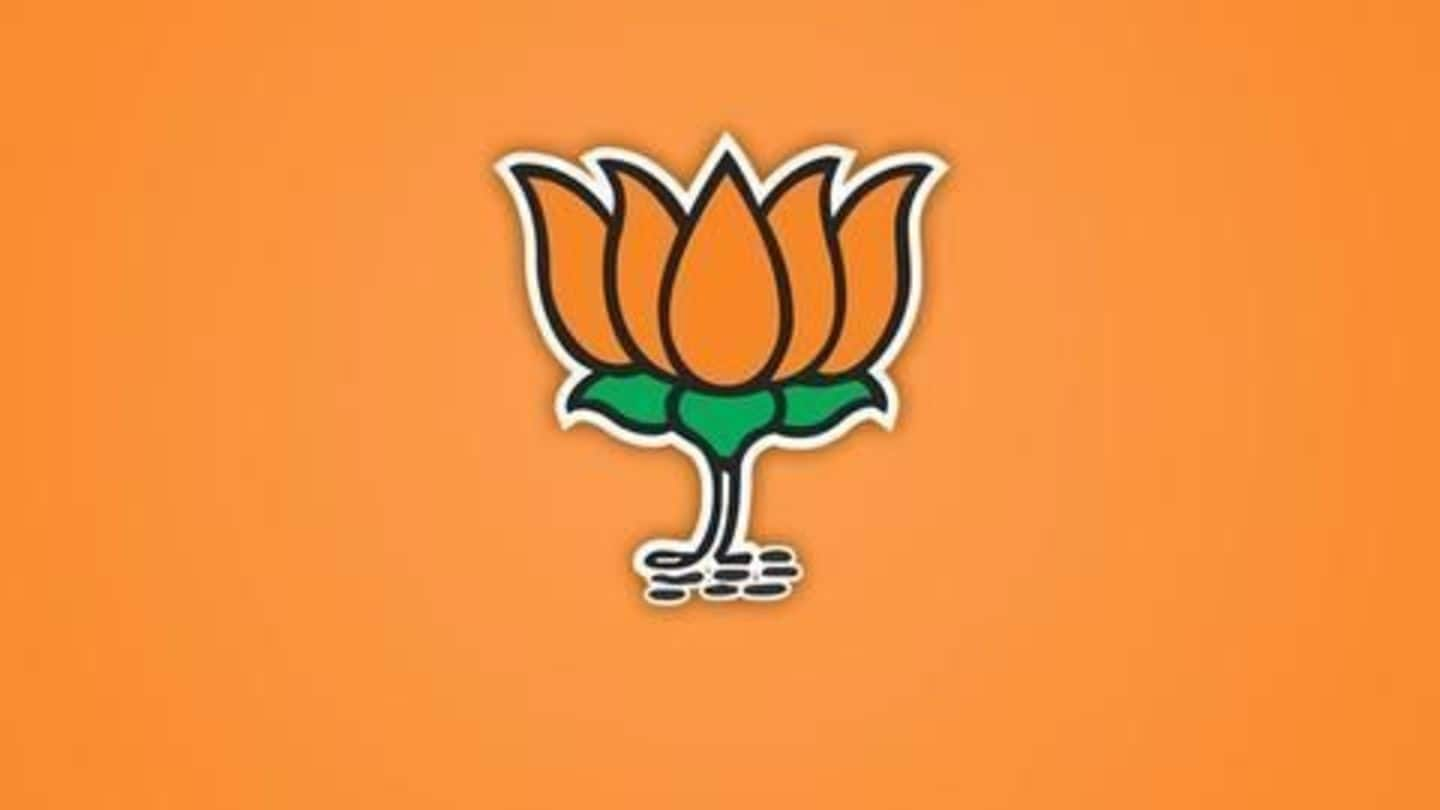
Massive social media influence helped BJP in 2014: Stanford Study
What's the story
A Stanford Study on BJP's social-media strategy revealed that the party's massive social-media influence helped it comeback to power in 2014, thwarting a decade-long Congress rule. It said that many politicians lost out from their reluctance to adopt newer campaign strategies and that BJP scored the highest with respect to number of positive tweets/re-tweets. How relevant are social media sentiments in elections? Find out!
Research
How was the Study conducted?
The research was conducted by Arpan Shah, Anunay Kulshrestha and Devin Lu as a part of social network information analysis project. They analyzed over 18,000 tweets from Indian politicians over 6 months leading up to the 2014 polls. The Study further analyzed 15.5 million Twitter user accounts and 18 million tweets to gauge the popularity of various parties including BJP, Congress and AAP.
Details
What did the Study reveal?
The Study revealed that the National Democratic Alliance (NDA) led the United Progressive Alliance, in terms of the strength of followers and network clusters. Sentiment analysis of tweets found NDA received the lowest negative sentiment tweets at 10% with AAP and UPA receiving 35% each. The Study further found that the Aam Aadmi Party had the strongest social media network ahead of 2014 elections.
Data
How quickly are your political sentiments triggered?
While an individual viewed 3.5 tweets to post negatively on NDA, 1 negative tweet about the UPA was found sufficient to trigger negative posts. Further, while seeing 0.5 tweets was considered enough to prompt a positive response, the same figure is double for UPA.
Conclusion
What does this mean?
Shashi Tharoor, one of the first Parliamentarians to make extensive use of social media notes that Twitter only reflects the opinions of a small segment of English-speaking, educated population of India and is not reflective of the sentiments of the electorate. The case of President Trump's victory with all of social media united in opposition, shows this could be true even in English-speaking nations.